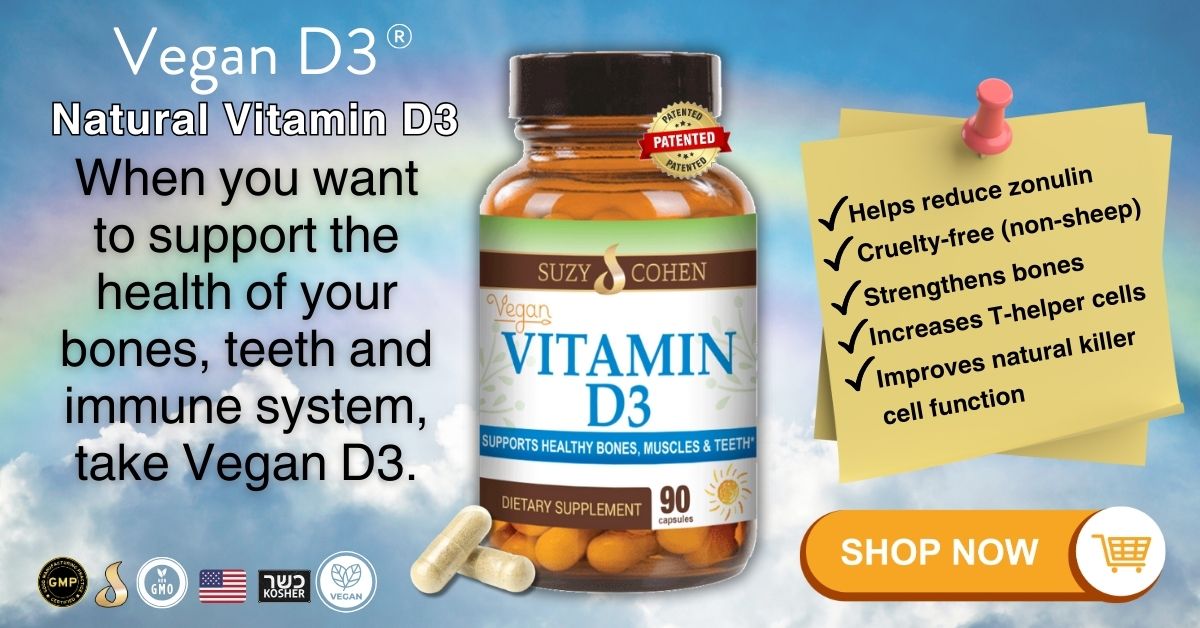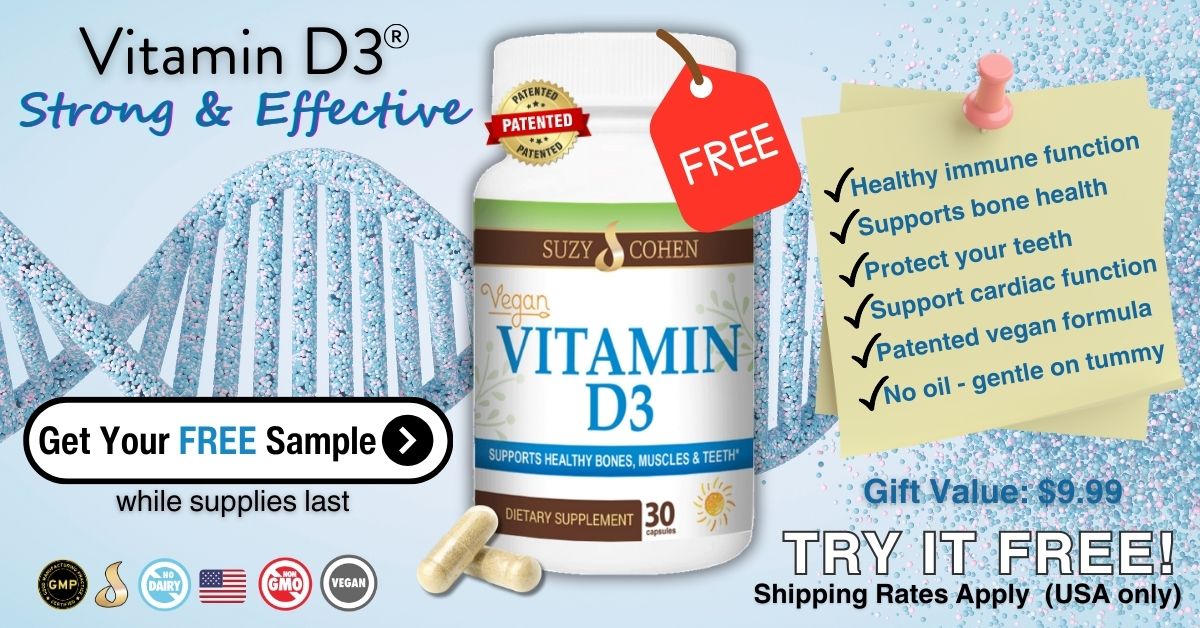What's On This Page?
ToggleSome of you watch your gluten intake, others avoid artificial colors and sweeteners. Some of you read supplement labels, and others don’t. Today I want to teach you about magnesium stearate. Magnesium stearate or “mag stearate” for short is a chemical additive used by most nutritional supplement companies.
It acts as a lubricant to run machines faster, to increase production and therefore profits. This substance consists of stearate, which is a saturated fat, and a tiny amount of magnesium. Think of it like bubble wrap around the ingredients of your supplement. It doesn’t function as a vitamin or mineral, and more importantly, it doesn’t give you “magnesium” as the name implies.
Your body requires biochemical work to “pop the bubble wrap” and split the molecule apart into its backbone of magnesium and stearic acid. Once split, you get a negligible amount of magnesium, perhaps a couple of milligrams. So mag stearate is not a source of magnesium for your body; don’t be fooled by the name. Therapeutic doses of magnesium fall into the 200-800 mg range. If you read the labels of your supplements and see magnesium stearate, you should know:
8 Facts You Must Know About Magnesium Stearate
1. Magnesium stearate is not a source of magnesium for your body.
2. It’s a mechanical lubricant intended to grease machines for faster production.
3. It has no nutritional value.
4. It’s an additive.
5. It’s sometimes sourced from genetically engineered hydrogenated oils.
6. It may affect the release time of active ingredients and slow them down.
7. It may reduce the bioavailability of active ingredients; it certainly makes their bioavailability unpredictable.
8. It’s sort of like “grease” in that it can affect the digestive tract in sensitive folks.
The salespeople at your local vitamin store are often very intelligent, but they don’t always agree with me about mag stearate since it’s in almost every supplement made. It may be concealed with aliases such as “stearic acid”, “vegetable stearate” and others.
Most sales clerks will tell you it’s present in the supplement to give you magnesium, but this is not true. The one and only purpose for its use is to aid in the manufacturing process. This is not a toxic ingredient as far as I’m concerned, but it’s not a necessary ingredient since it does not add nutritional value and may hinder absorption of the active ingredients. No one can agree on this.
There is also some concern about cross-contamination. In 2011, a World Health Organization report found cross-contaminants such as bisphenol A (BPA) and Irganox 1010, which are used in plastics, in a few batches of mag stearate. Even though we are only aware that this happened once, you deserve to know.
Summary
I certainly don’t mean to alarm you or make you feel as though you need to throw out every single supplement in your cupboard, but why not upgrade your formulas one by one? High quality supplement makers run their machines slower so they don’t need this lubricant.
In the supplement world, you get what you pay for.
If you’d like to read more about this topic or watch a video that I made, click below.

Suzy Cohen, has been a licensed pharmacist for over 30 years and believes the best approach to chronic illness is a combination of natural medicine and conventional. She founded her own dietary supplement company specializing in custom-formulas, some of which have patents. With a special focus on functional medicine, thyroid health and drug nutrient depletion, Suzy is the author of several related books including Thyroid Healthy, Drug Muggers, Diabetes Without Drugs, and a nationally syndicated column.



